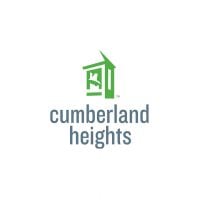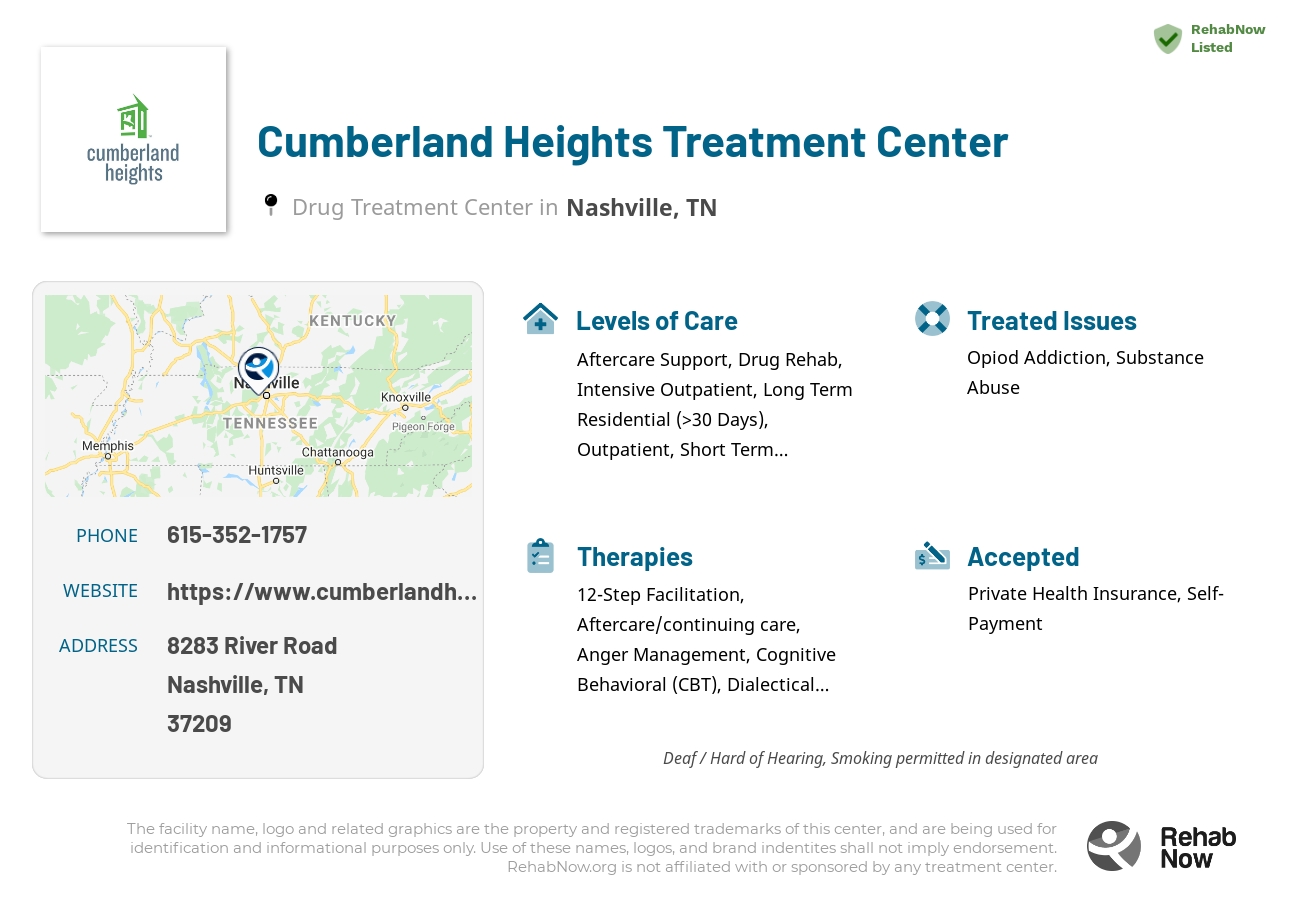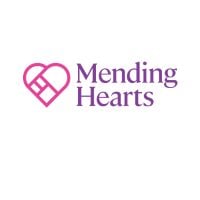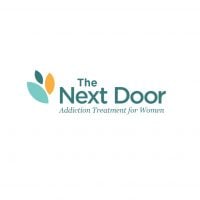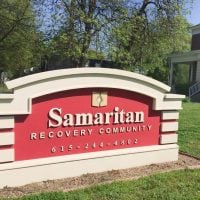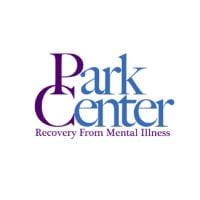About This Nashville, TN Facility
Cumberland Heights Treatment Center, nestled in Nashville, Tennessee, has been a beacon of hope for those seeking sobriety since its inception in 1965. Founded with the mission of providing a compassionate and supportive environment for individuals battling addiction, this facility stands out for its comprehensive approach to recovery.
- A serene, natural setting that fosters healing and introspection
- Individualized treatment plans tailored to each person's unique needs
- Evidence-based therapies and holistic modalities for a well-rounded recovery
- A strong emphasis on aftercare and relapse prevention strategies
Inspired by the vision of its founders, Cumberland Heights remains committed to empowering individuals to rediscover the true meaning of their lives, free from the chains of addiction.
The center's accreditations from NAATP and SAMHSA underscore its dedication to delivering high-quality, evidence-based care. These prestigious accreditations ensure that Cumberland Heights adheres to the highest standards in addiction treatment, providing a safe and effective environment for individuals on their journey to recovery. The center offers a continuum of care, including detox, inpatient and outpatient programs, intensive outpatient services, and aftercare support. This comprehensive approach addresses addiction from multiple angles, ensuring that each individual receives the personalized attention and resources they need to achieve lasting sobriety.
Genders
Ages
Modality
Additional
Accreditations
SAMHSA
NAATP
Conditions and Issues Treated
Rehab centers exist in Nashville, TN to help individuals bounce back from substance abuse, which is an umbrella term for drug and alcohol addiction. Drug addiction refers to the use of illegal drugs and improper use of prescription drugs. Centers like Cumberland Heights Treatment Center provide individuals a chance to access individual and group therapy that can be monumental for recovery.
Substance abuse includes all problems that stem out from using various psychoactive substances. It is also a diagnostic term used by Diagnostic and Statistical Manual of Mental Disorders (DSM-IV) to define the mental and physical impairment or distress caused by misuse and overuse of certain substances in a period of 12 months.
Opioid addiction involves addiction to legal or illegal opioids. It may happen very quickly with any opioid use. Sometimes within a matter of days. Opioid addiction is a known as a high-risk factor for future heroin addiction.
Opioid withdrawal can be extremely uncomfortable and lead the user to continue to use even if they want to quit. Stopping using an opioid requires careful medical observation. Sometimes the withdrawal can persist for many weeks, which can put the user at a high risk for relapse.
It is recommended to receive inpatient treatment and a medically supervised detox like those offered at Cumberland Heights Treatment Center in Nashville, TN, TN, to manage the withdrawal process while learning lasting tools to maintain recovery. In some circumstances medications can be used to manage opioid addiction.
Levels of Care Offered
This center offers a variety of custom treatment tailored to individual recovery. Currently available are Aftercare Support, Detox, Drug Rehab, Inpatient, Intensive Outpatient, Intervention, Outpatient, Residential, with additional therapies available as listed below.
Detoxification is a process that allows the patient to stop using opioids without experiencing severe withdrawal symptoms. This can be necessary for those who have been addicted for a long period of time or who are struggling with chronic pain.
During this process, addicts will receive medication and psychological support from doctors and other medical professionals until they can control their cravings.
Inpatient rehab is intended to treat severe addictions and co-occurring disorders. The length of stay in Tennessee varies from four weeks to six months according to the individual needs. Inpatient rehab ensures that the patient stays in a substance-free environment at Cumberland Heights Treatment Center.
Intensive outpatient programs mostly conduct meetings on weekdays. Group therapy is the main element in most intensive outpatient programs. Most IOPs last for about 90 days and include drug use monitoring and testing. A Tennessee IOP, like what’s offerd at Cumberland Heights Treatment Center, take much more time than a standard outpatient program. Some programs offer other services as well, such as employment assistance and medication management.
Outpatient treatment can be considered the lowest intensity level of addiction treatment in Nashville, TN. It is ideal for early phase addiction or lower intensity addictions. Cumberland Heights Treatment Center peer group support, 12-step programs, and individual counseling may still be involved.
Residential treatment programs are those that offer housing and meals in addition to substance abuse treatment. Rehab facilities that offer residential treatment allow patients to focus solely on recovery, in an environment totally separate from their lives. Some rehab centers specialize in short-term residential treatment (a few days to a week or two), while others solely provide treatment on a long-term basis (several weeks to months). Some offer both, and tailor treatment to the patient’s individual requirements.
An intervention is a meeting held by families and friends of the addicted party, managed by Cumberland Heights Treatment Center. It lets the person know that their loved ones are concerned about them. It is intended to make the addicted party agree to get help.
Interventions are often hosted by a mental health professional in Tennessee who knows how to communicate with people dealing with addiction. These intervention services can make all the difference when it comes to getting loved ones to agree to treatment.
After treatment, addiction treatment can be frightening for newly sober people. Aftercare support provided by Cumberland Heights Treatment Center is designed to give resources and help on a continued basis. It can involve finding housing in and around Tennessee, setting up 12-step meeting groups, continued medical monitoring, and counseling.
Cumberland Heights Treatment Center‘s Therapies & Programs
Individual therapy aims to identify the core issues that would have led the patient to substance abuse and address the root cause effectively. Patients find the therapist as a person who they can trust. It helps them to open up and discuss personal and sensitive issues, which they may not be comfortable discussing in a group.
Family therapy is a set of therapeutic approaches that assumes that the entire family is a system. It utilizes the strengths and resources of the family to help the patient refrain from resorting to substance abuse. It helps to repair relationships and improve communication between family members.
Group therapy happens at Cumberland Heights Treatment Center in a controlled group environment, as opposed to a one-on-one setting. It supports Nashville, TN patients’ recovery by offering a sense of comfort and letting them know that they are not alone. Through shared conversations, patients also learn to develop faith and understanding and gain insight on their addictions.
Unresolved trauma is often a key reason why many patients resorted to substance abuse. Trauma therapy refers to treatment wherein specialist therapists help the patients to resolve the trauma that led the patients to substance abuse. The trauma could be physical abuse, sexual abuse, war, natural disasters, divorce, accident, loss of a loved one, etc. Thinking of these traumatic events causes emotional disturbances like anxiety, depression and results in addiction. If trauma is the primary cause of substance abuse, then both issues must be addressed. Otherwise, there is a risk of relapse. Trauma therapy also improves the cognitive functions and provides long term benefits.
Dialectical Behavior Therapy (DBT) is an improved version of Cognitive Behavioral Therapy (CBT). DBT is a treatment of choice for people suffering from self-harming behaviors characterized by cutting and suicidal thoughts or inclinations.
This treatment is developed to help individuals recognize their thought patterns, behaviors, and feelings. It has demonstrated its effectiveness for people that are finding it difficult to control their emotions and urges. Conditions such as obsessive-compulsive disorder and borderline personality disorder also benefit from DBT as it imparts individuals stress-management techniques and enhanced self-esteem so they can sustain their sobriety by reducing the impact of triggers and out-of-control emotions.
Cognitive behavioral therapy (CBT) is a way of addressing concerns through talking. It can be used in individual counseling sessions. Talking through issues with professionals at Cumberland Heights Treatment Center can identify sources of discomfort or unhealthy thoughts. It is a way of learning about yourself and your individual perceptions. CBT is a healthy way of addressing some behaviors which may be bringing unintended consequences in your life.
Rational Emotive Behavior Therapy (REBT) sees a person suffering from substance addiction to have illogical reasoning, counterproductive actions, and does not see things clearly. Due to this, REBT deals with cognition, images, and behavior extensively to rectify the client’s bad habits. REBT pushes an individual to become more reasonable and choose a life without the repercussions of addictions.
Patients at Cumberland Heights Treatment Center in Nashville, TN learn how to self-soothe by conducting rational self-counseling. REBT provides their patients with the skill sets necessary in handling problems all by themselves, without seeking professional help. The process calls for practice, reiteration, and bolstering the new way of thinking being introduced to the patient.
Patient Experience
Experiential Therapy at Cumberland Heights Treatment Center
Experiential therapy works on the principle that the perception of individuals determines their behavior. It is different from medication and talk therapy and suits those who have difficulty in expressing themselves and interact. Experiential therapy works by using tools and activities to recreate past experiences and encourages the release of suppressed thoughts that were responsible for the negative feelings and drug addiction.
Role-playing, arts and crafts, music, animal care, rock climbing, etc. are some of the activities used in this therapy. Gradually the individual will experience calmness and love and change their perception positively. Other than drug addiction, Experiential therapy is useful in various behavioral and eating disorders.
Payment Options Accepted
For specific insurance or payment methods please contact us.
Is your insurance accepted?
Ask an expert, call (888) 674-0062
Cumberland Heights Associated Centers
Discover treatment facilities under the same provider.
- Cumberland Heights - Nashville in Nashville, TN
- Cumberland Heights - Murfreesboro in Murfreesboro, TN
- Cumberland Heights - Hermitage in Hermitage, TN
- Cumberland Heights - Jackson in Jackson, TN
- Cumberland Heights - Crossville in Crossville, TN
Learn More About Cumberland Heights Centers
Additional Details
Specifics, location, and helpful extra information.
Nashville, Tennessee 37209 Phone Number(615) 352-1757 Meta DetailsUpdated April 15, 2024
Staff Verified
What else do people call Cumberland Heights Treatment Center?
People have occasionally also searched for “Cumberland Heights Alcohol and Drug Treatment in Tennessee”
Patient Reviews
There are no reviews yet. Be the first one to write one.
Nashville, Tennessee Addiction Information
Tennessee joins the list of states with an above-average rate for drug and/or alcohol-induced deaths. Most of these deaths are related to opioids, such as prescription opioids. The Volunteer State ranks 2nd highest in the nation for the number of prescriptions given out. The state also ranks at the top for prescription drug-related overdoses.
In Nashville, Tennessee, there were 1,258 drug overdose deaths in 2016. The most common drugs abused in Nashville are alcohol, marijuana, and opioids. In 2016, there were 5,531 people admitted to drug treatment facilities in Nashville. There are many resources available to help those struggling with addiction get treatment and start on the road to recovery. The treatment process can be different for everyone, but it will involve detoxification, counseling, and aftercare.
Treatment in Nearby Cities
- Bishopville, TN (401.7 mi.)
- Murfreesboro, TN (37.9 mi.)
- Livingston, TN (92.1 mi.)
- Dandridge, TN (197.9 mi.)
- Middleton, TN (132.6 mi.)
Centers near Cumberland Heights Treatment Center
The facility name, logo and brand are the property and registered trademarks of Cumberland Heights Treatment Center, and are being used for identification and informational purposes only. Use of these names, logos and brands shall not imply endorsement. RehabNow.org is not affiliated with or sponsored by Cumberland Heights Treatment Center.
